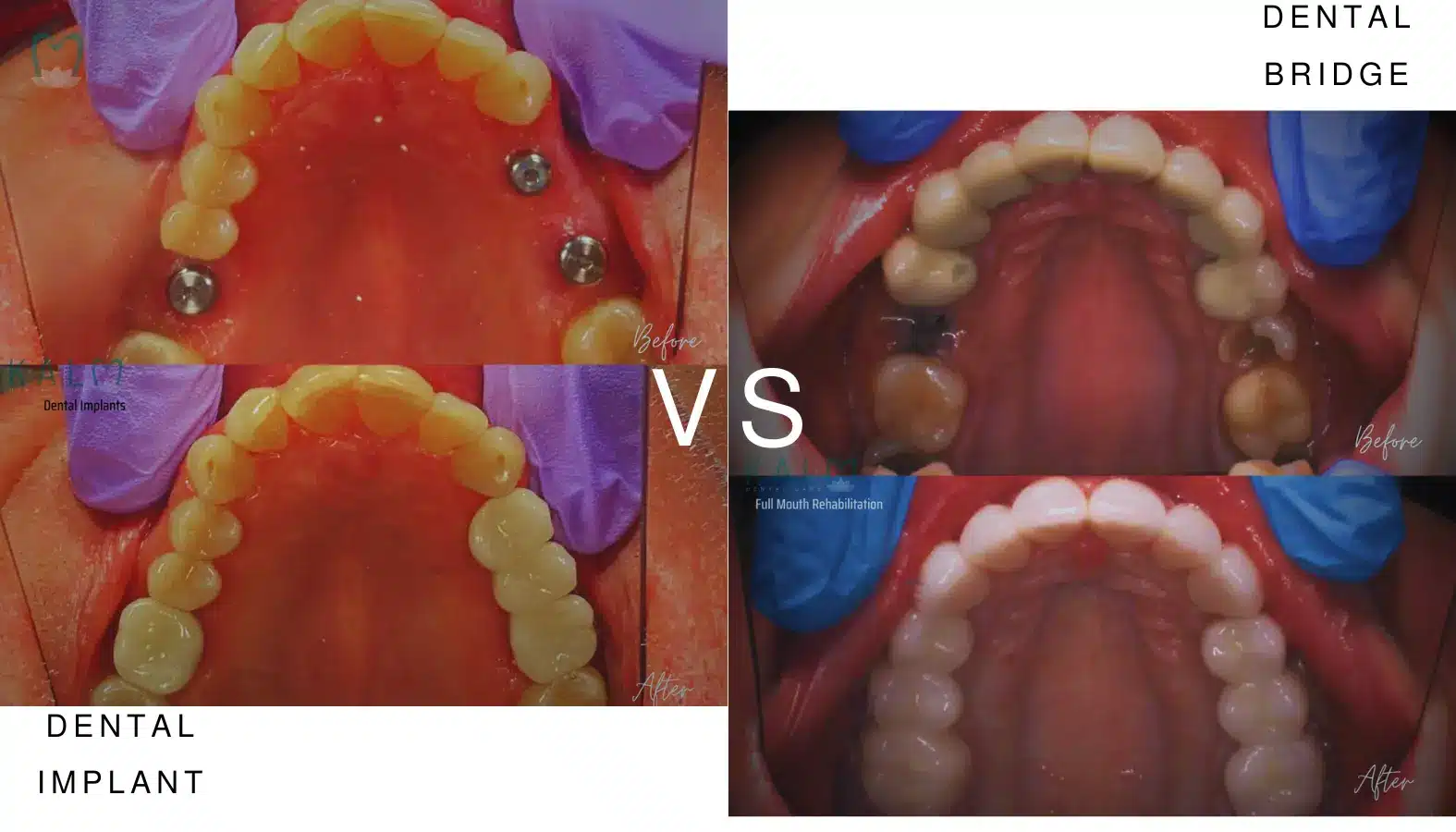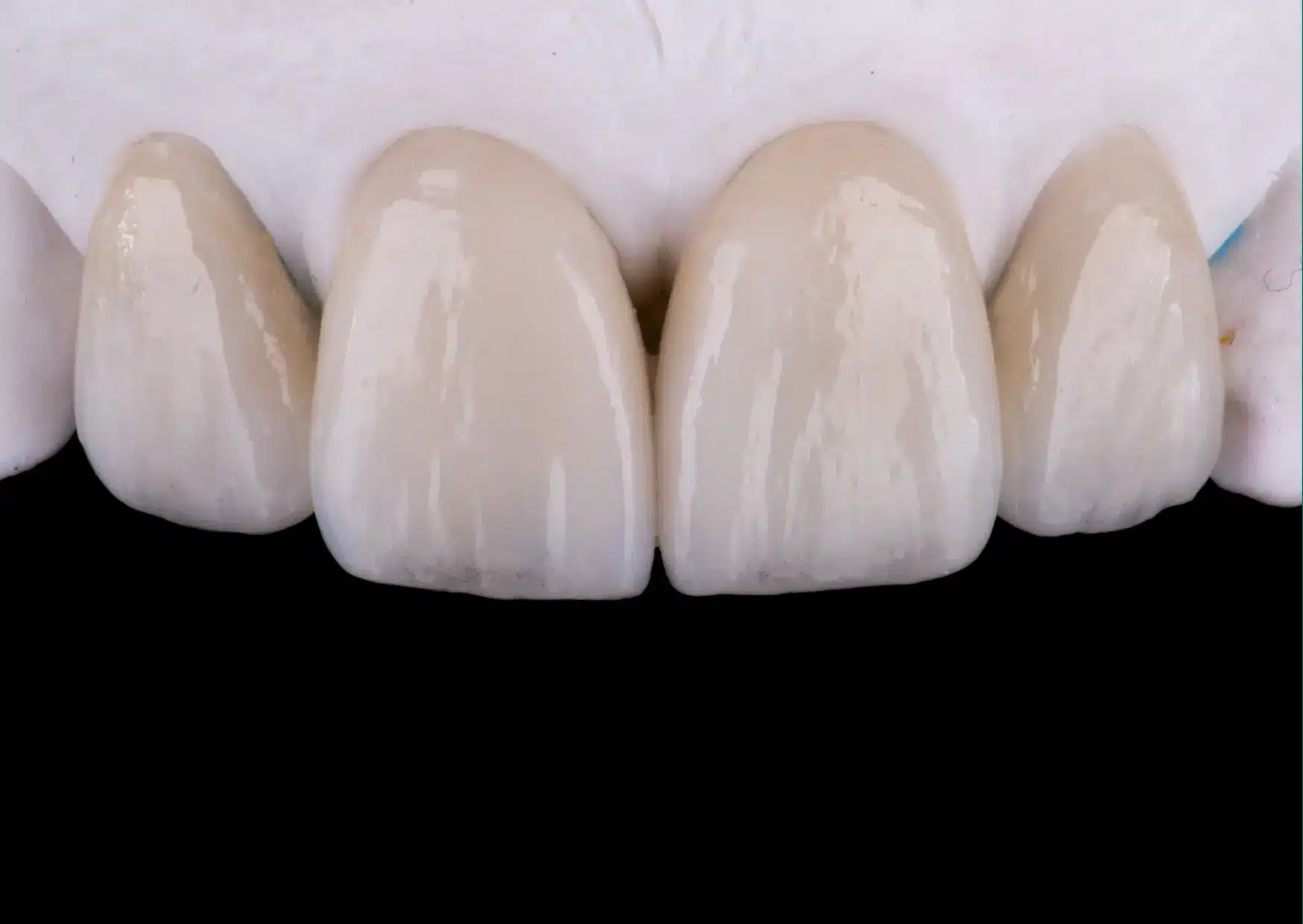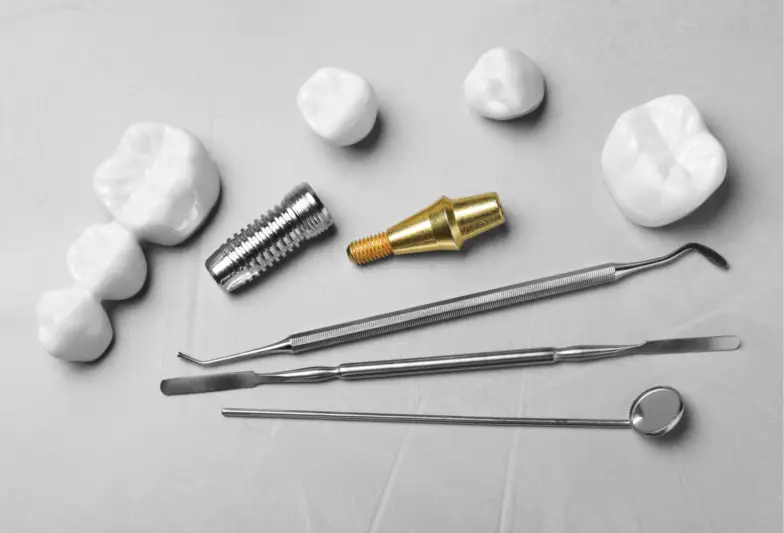Book an Appointment
Dental Cavities (Caries): Causes and How to Prevent Them
Hello Kalm friends. In Kalm Dental Care, we often find that patients are not aware that their teeth have cavities or in dentistry it is commonly called caries. Cavities, both small and large, are common dental and oral problems experienced by some people.
Small dental cavities are the beginning of the tooth decay process. These small holes are usually on the surface of the teeth and will be difficult to see without being examined by a dentist. The condition of small cavities needs to be considered, because they have a significant long-term impact on overall dental and oral health. Usually the first sign that the tooth has caries is the presence of brown and blackish spots on the surface of the tooth. Sometimes, if the cavity is too deep, Kalm friends sometimes feel pain or pain when consuming hot or cold food and drinks, and will even feel pain if the caries has reached the pulp.
Dental caries occurs due to the demineralization process of tooth enamel caused by bacteria in the mouth. These bacteria break down food residue, especially those containing sugar, and produce acids that can damage teeth. There are several main factors that cause caries that you need to know, namely:
- Bad eating habits: Consuming foods high in sugar and carbohydrates can provide energy for bacteria to produce acids that damage tooth enamel.
- Poor dental hygiene: Not brushing your teeth regularly or not cleaning between your teeth can cause plaque buildup, which we know contains bacteria that cause caries.
- Lack of fluoride: Lack of fluoride can increase the risk of caries. Fluoride is a compound containing the element fluorine (F), which is the ionic form of fluoride. Fluoride helps strengthen tooth enamel, the protective layer of teeth, so that it is more resistant to acids produced by bacteria in the mouth and has many other benefits for teeth.
- Dry mouth: Saliva helps neutralize acids and clean food debris. A dry mouth (for example due to dehydration or the effects of medication) can increase the risk of caries.
- Genetic factors: Some people may have dental conditions that are more susceptible to damage, such as weaker tooth structure or tooth enamel strength.
- Certain medical conditions: Some health conditions, such as diabetes, can increase the risk of caries.
So how do you prevent cavities, doc?
The method is:
- Maintaining dental hygiene: Brush your teeth at least twice a day using fluoride toothpaste. Don’t forget to brush your teeth properly, including the hard-to-reach back areas.
- Flossing your teeth: Using dental floss at least once a day to clean food debris left between your teeth that cannot be reached by your toothbrush
- Eating healthy foods: It is better to eat nutritious foods such as vegetables, fruits, and dairy products that contain calcium.
- using mouthwash: Mouthwash containing fluoride can help strengthen tooth enamel and fight bacteria that cause decay.
- having regular dental check-ups: Visit your dentist at least twice a year for a dental check-up and cleaning. Regular check-ups can detect problems early before they become more serious.
So don't forget to check your dental and oral health,, kalm friends? See you at Klam Dental Care.
Written by: Ns. Rani
Nurse at Kalm Dental Care Bali
This article is medically reviewed and fact-checked to meet international dental standards.






